
On August 28, 1963, hundreds of thousands of people from all across America came to Washington, D.C., joining together and filling the National Mall in front of the Lincoln Memorial to echo and amplify a singular voice and singular vision for freedom and equality, “I have a dream.”
Let us not wallow in the valley of despair, I say to you today, my friends.
And so even though we face the difficulties of today and tomorrow, I still have a dream. It is a dream deeply rooted in the American dream.
I have a dream that one day this nation will rise up and live out the true meaning of its creed: “We hold these truths to be self-evident, that all men are created equal.”
Now we look back on the 60th anniversary of that moment — the March on Washington for Jobs and Freedom — that high water mark of freedom’s flood, and we imagine…we dream.
Like you, I’ve seen the old black and white snapshots, watched the choppy newsreels and listened to the scratchy recordings. I’ve heard the stories from those who marched as they remembered the heat and hope of that day in late summer. The names of those giants who made it happen echo in my heart: A. Philip Randolph, Roy Wilkins, Whitney Young, Cleveland Robinson, Mathew Ahmann, Joachim Prinz, John Lewis, Eugene Carson Blake, Floyd McKissick, Walter Reuther and the Rev. Dr. Martin Luther King Jr.
60 years have dimmed photographs and memories. But the faith never fades because we remember the victories that followed that moment from the Civil Rights and of 1964 and the Voting Rights Act of 1965 to the integration of Birmingham schools, the Equal Employment Opportunity Commission, Affirmative Action, Fair Housing and Thurgood Marshall on the Supreme Court.
Of course, we had reason to mourn, too. Malcolm X and Dr. King were both assassinated. Chaney, Goodman and Schwerner were murdered in Mississippi. White supremacists bombed the 16th Street Baptist Church in Birmingham while Sheriff Jim Clarkand and the Alabama State Troopers brutally attacked more than 500 peaceful demonstrators crossing the Edmund Pettus Bridge.
We remember that day 60 years ago, we remember the dream, we remember the struggle and we believe.
I have a dream that one day on the red hills of Georgia, the sons of former slaves and the sons of former slave owners will be able to sit down together at the table of brotherhood.
I have a dream that one day even the state of Mississippi, a state sweltering with the heat of injustice, sweltering with the heat of oppression, will be transformed into an oasis of freedom and justice.
I have a dream that my four little children will one day live in a nation where they will not be judged by the color of their skin but by the content of their character.

Still, if we’re being honest, we have to admit that, for many of us, the vision of that moment 60 years in the past has been shaken lately.
We watch video from Greensboro, North Carolina, where a 62-year-old white woman assaulted and humiliated two Black children, pouring a soda over an 11-year-old Black boy’s head before striking him twice in the face.
We read about Jenesis Dockery, an eight-year-old Black girl shot and killed at her babysitter’s house by an 11-year-old white boy who posed on social media with a pistol and no one asks, “Who gave him the gun?”
We listen to the racist ravings of Darren Peter Zesk, who ambushed and killed a Black teenager Massai Cole in Moreno Valley, California. We look at photographs of Zesk giving the Nazi salute and proudly posing with the Confederate flag and MAGA banner and wonder how anyone could think this is not a hate crime.
Now, let’s be clear: We’re not living in 1963. In just the past two years, President Biden has dedicated $15 billion to replace lead water lines in communities like ours, led historic investment in HBCUs across the country and cut childhood poverty in half.
He’s banned chokeholds and “no knock” warrants from federal law enforcement, signed the Emmett Till Antilynching Act making lynching a federal hate crime for the first time in American history, confirmed more people of color to be federal judges than any of his predecessors and put the first African American woman on the United States Supreme Court.
Black unemployment is at a record low and Black entrepreneurship topped its highest rate in 26 years, so we have real reason to celebrate. But we also know that the more things change, the more they stay the same.
We know that 60 years after the March on Washington, they’re still siccing police dogs on unarmed Black men in Alabama and a traffic stop can be a death sentence if you’re a Black man in Tennessee. We know that the struggle is far from over and, while we’re not where we were, we’re not at all where we need to be.
So let’s take this anniversary not just to remember that high water mark where hope and change filled our hearts and “Let freedom ring” filled our ears, but also to rededicate ourselves to fight those who think white nationalists are just patriotic Americans or think it’s acceptable to demean Black Americans as “colored people” on the House floor.
Let’s rededicate ourselves, let’s organize and let’s vote because the good ole’ boys didn’t put away their white hoods for good. They’re just standing down and standing by.
Antjuan Seawright (@antjuansea) is a Democratic political strategist, founder and CEO of Blueprint Strategy LLC, a CBS News political contributor, and a senior visiting fellow at Third Way.

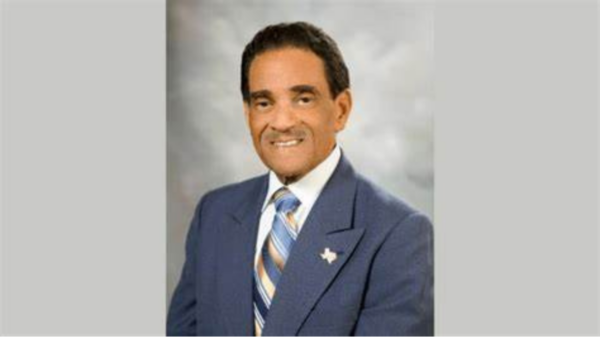
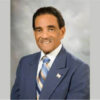
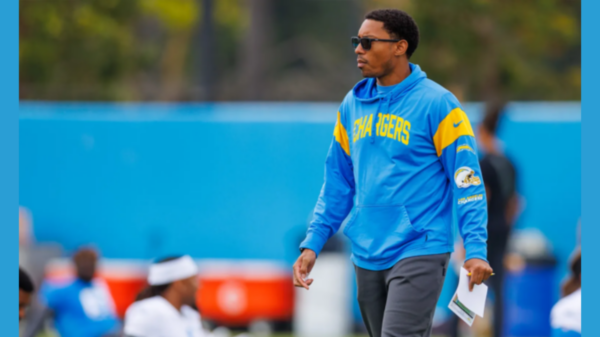

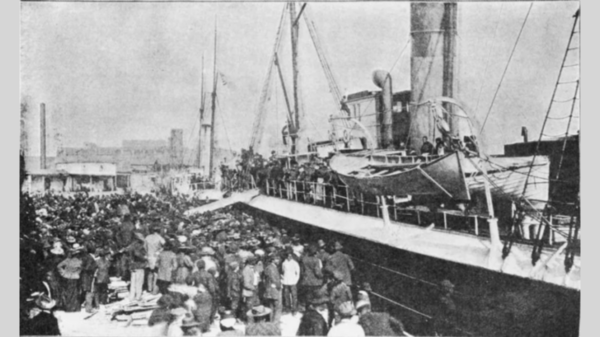

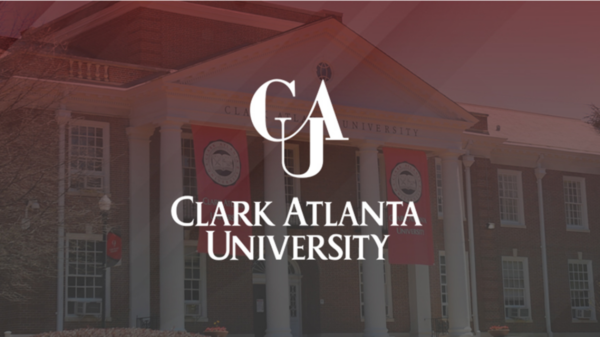

You must be logged in to post a comment Login